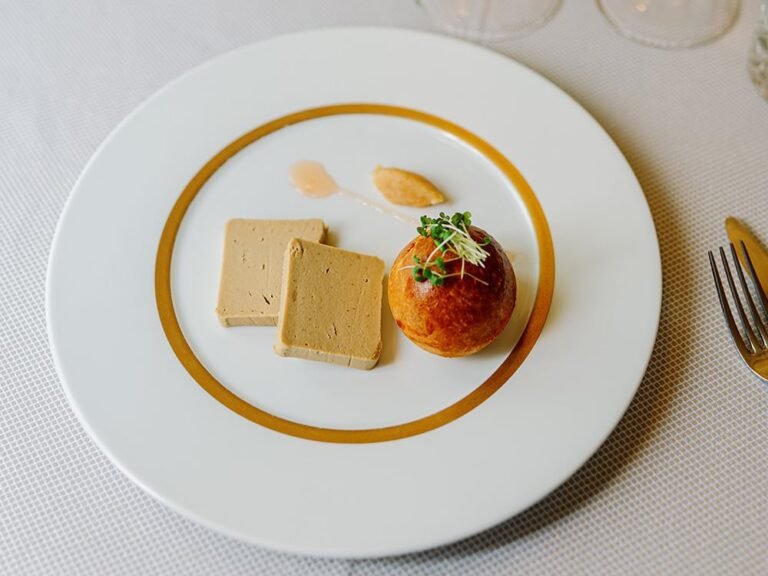À la noix
“À la noix” means “stripped of value, not serious, of bad quality, phony, without value, or badly made.” “Une noix” is a walnut. This expression appeared at the end of the 19th century. So why the prejudice against walnuts? The expression may be a deformation of the word “alénois” which is in turn a deformation of “orlenois” (now written “orléanais”), meaning “of Orléans.” It comes from the plant “cresson alénois” which is a bitter and spicy type of watercress used to add zing to salads. So in fact the expression may have nothing to do with walnuts at all.






